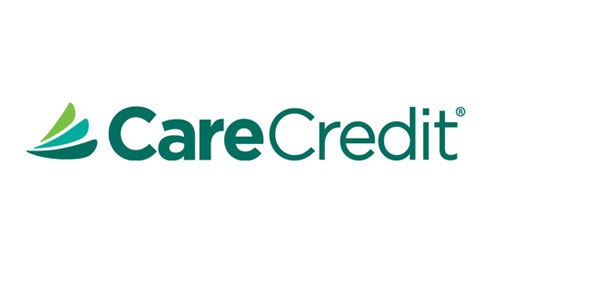The proprietors of successful summer camps respond to the requirements of their clients and communities by establishing curricula and activities that centre on the client's particular interests, aspirations, and objectives. Traditional summer camps typically focus on activities outside, such as canoeing, hiking, and making campfires. Sleepaway camps provide participants with food and shelter, in addition to the supervision of physically and academically challenging activities.

Day camps are different from overnight camps in that they do not provide housing and instead focus on providing more specialised educational activities such as computer science, performing arts, and music. In today's world, there is a summer camp programme suited to almost any goal, interest, or requirement that can be thought of. Find out how to run your summer camp, and consider whether this is your career path.
Discover Possible Financing Options For Your Summer Camp Business.
It is necessary to have a sound financial strategy in place before beginning a firm that operates summer camps. Even though several different financing alternatives are accessible, it is essential to examine each one with extreme attention since your choice may have long-term repercussions for the finances of both you and your company.
You may need a few hundred dollars to pay early expenditures if you're just getting started, but it's still a good idea to look into the following financing alternatives just in case:
Fundraising Amongst Close Ones:
Advantage: Include cheap interest rates and the ability to borrow money without giving up ownership.
Drawbacks: Inadequate knowledge and experience among investors might harm personal ties if things don't go as expected.
Using One's Resources (I.E., "Bootstrapping"):
Advantage: On the plus side, you get to make all the decisions for your company.
Drawbacks: limited access to starting capital; increased exposure to personal risk.
Finding Investors Outside Of the Company:
Advantage: Potential for beneficial collaborations and connections; access to a bigger cash pool and experience.
Drawbacks: You may have to give up ownership or agree to stringent repayment conditions or hefty interest rates.
Getting a Loan from the Bank
Advantage: The benefits include manageable interest rates and regular payments.
Drawbacks: It may be hard to get for a start-up because of the need for a solid financial history and collateral.
Approaching a Hard Money Lender
Advantage: The benefits include quick access to funds and adaptable payback plans.
Drawbacks: steep interest rates, the possibility of demanding payback periods, and severe sanctions for nonpayment.
Remember that these are only some of the numerous possibilities open to you. The trick is to make smart choices that fit your circumstances. Before making any major choices, talk to your accountant.
When deciding how much money to put into your summer camp, remember there is no one correct answer. However, The aforementioned choices might help you narrow down your financing alternatives to those most suitable for your summer camp.
What Kind Of Financial Commitment Is Required To Start A Summer Camp?
Ensuring that a summer camp is licenced and complies with all applicable national, state, and local rules is one of the initial and most significant expenses connected with starting a business in the summer camp industry. For instance, every staff member who interacts directly with children must go through a comprehensive background check. Purchasing mandatory liability & medical insurance is yet another significant expense that must be incurred when beginning any summer camp company.
The initial expenditures associated with creating a sleepaway camp are significantly greater than those associated with opening a day camp. This is because overnight accommodations must either be purchased or rented. You may rent campgrounds even if you don't own your own land. The rental cost varies depending on the dimensions of the property, the number of features and conveniences it provides, and the capacity for the number of occupants it can house.

Payroll expenses, utility bills, and transportation are some expenses associated with running a summer camp. Depending on the kinds of activities that your camp provides, additional expenses may include things like the purchase of sports equipment, supplies for arts and crafts, or even veterinary care. Because summer camps provide such crucial community service, your company could be qualified for grants or low-income loans from the government, which could help decrease the initial expenses associated with starting your business.




